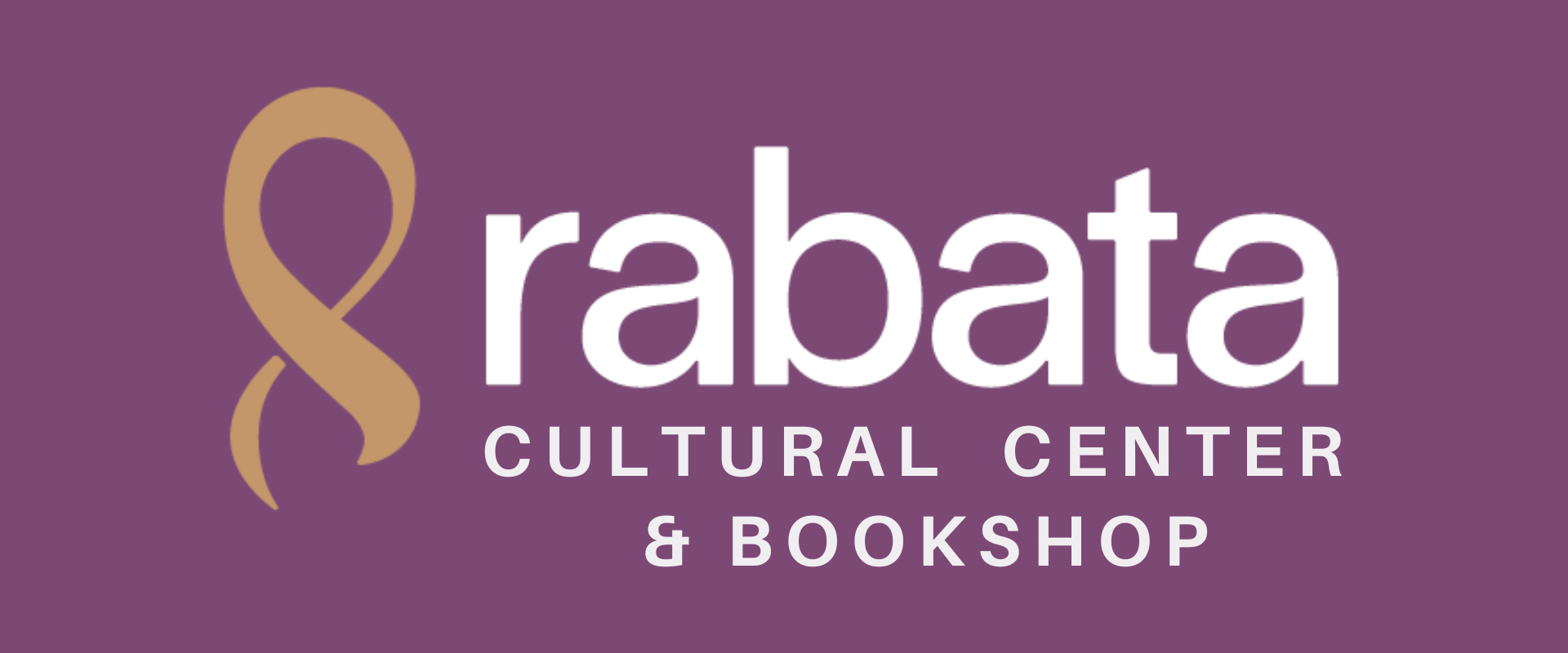$18.95 USD
The heart, in the Islamic understanding, is the expression of a human being’s spiritual existence. It is a Divine gift and Divine subtle faculty bestowed upon humanity. It is a polished mirror reflecting God. This mirror opens onto truth and reality, projects the realms beyond the corporeal world, and creates a bridge between the visible realm with the world of the unseen. Like a general, the heart commands all other bodily organs and faculties, which are its troops. Everything that comes from a human being, whether good or bad, is a product of the heart.
It is perhaps by virtue of this delicate position that the Qur’an teaches Muslims the supplication, “Our Lord, do not let our hearts swerve after You have guided us.” The Messenger of God reminds them of this vital safeguard with the words, “O God, O Converter of hearts! Establish our hearts firmly on Your religion.” Moreover, in its descriptions, the Qur’an approaches the heart as though it were a living being, attributing to it such positive and negative qualities as malady, heedlessness, tenderness, hardness, and repose.
Fethullah Gulen has also elaborated on the heart, placing it at the foundation of many of his thoughts and views. In Gulen’s world of thought, an awakened heart and spirit help us return to our essence, spawning a revival. And individual perfection, as well as attaining the rank of true humanity as a whole, can only be possible again through the awakening and development of the heart.
Mehmet Yavuz Seker completed his undergraduate studies at Ankara University, School of Theology and his post graduate studies at Sakarya University, Turkey. He received his Ph.D. from the Australian Catholic University, studying Islam and Muslim-Catholic relations. A regular speaker at conferences both nationally and abroad, he has appeared on various television and programs and published in diverse magazines and journals. Author of nine books, Seker is a professor at the department of Sufi studies, Canakkale University's School of Theology. He lives in Istanbul, Turkey.
Author: Mehmet Yavuz Seker